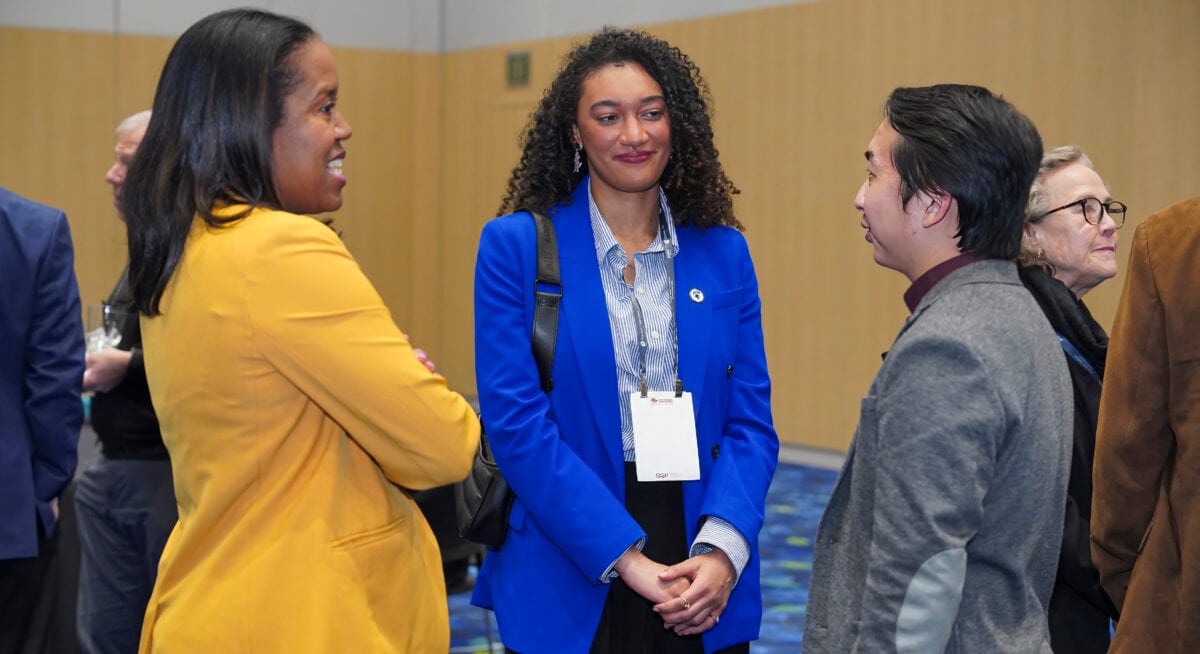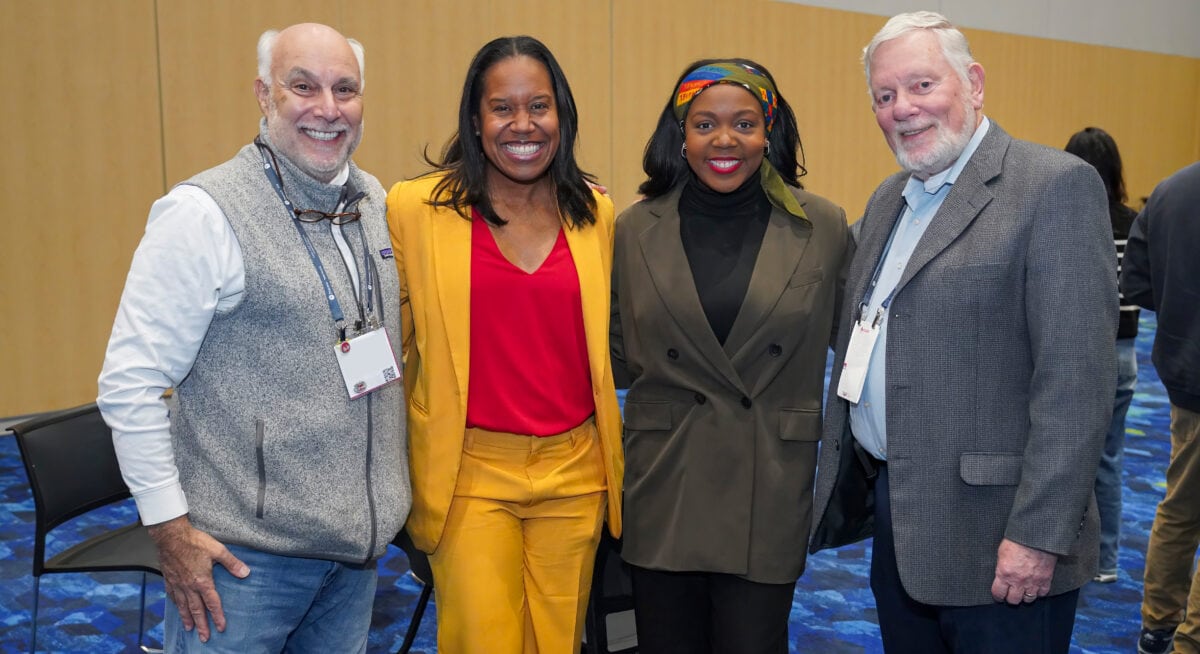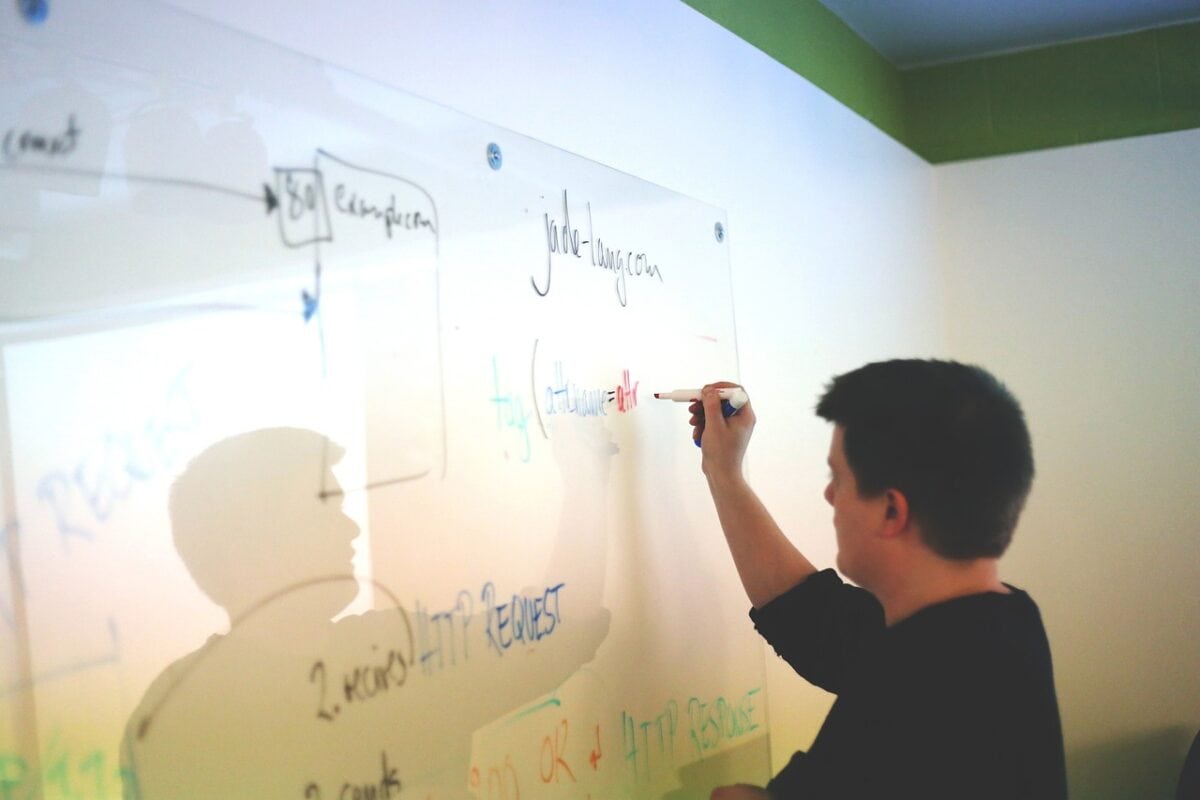
The Paul Green Research Grant on Structured Interviews
The Paul Green Research Grant on Structured Interviews is made possible by a gift from…

The James L. Outtz Research Grant for Inclusion, Belonging & Fairness in the Workplace
The James L. Outtz Grant for Inclusion, Belonging & Fairness in the Workplace The James…

Zedeck-Jacobs Opportunity Equity in Organizations Grant
The Zedeck-Jacobs Opportunity Equity in Organizations Grant supports research that advances the understanding of organizational practices that…

Graen Grant for Student Research on Leaders and/or Teams
The Graen Grant for Student Research on Leaders and/or Teams supports a graduate student who…

SIOP International Research and Collaboration (IRC) Small Grant
The SIOP International Research and Collaboration (IRC) Small Grant supports research of an international or…


